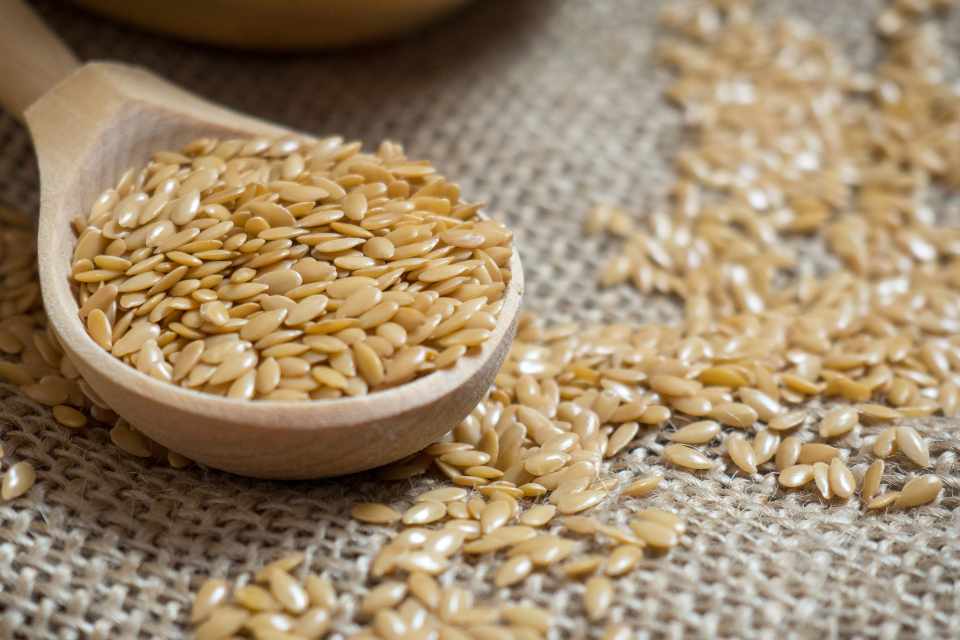Magnesium is an important mineral for help with sleep regulation. Yet many people have low levels of this crucial nutrient. If you have insomnia, then read on. This article will explain how best to increase your magnesium levels so you can get better sleep.
What is insomnia?
Insomnia is a condition of persistent poor sleep. Difficulty getting to sleep, waking early or waking unrefreshed are all factors in insomnia. And though poor sleep is more common as we get older, it is not a necessary consequence of ageing. Studies show low magnesium levels are common in older people. And we know that low levels can cause insomnia.
What is magnesium?
Magnesium is the fourth most abundant mineral in the body. With many crucial roles. Every cell of the body needs it to function. It plays an essential part of hundreds of biochemical reactions. And we must consume it regularly to prevent deficiency.
Yet, dietary surveys in Europe and North America show generally low intakes of this vital nutrient. With almost half of people consuming levels that are less than required. And an estimated 80% of people may be deficient. This is partly due to modern farming methods that lead to soil depletion. And food processing methods further reduce nutrient content by 80 to 90%.
So, low intake is the main cause of magnesium deficiency. But, reduced absorption is also a factor. If someone has digestive problems this can reduce the amount absorbed. Other factors include medications that reduce stomach acid, antibiotics, high coffee intake and alcohol.
Why do we need magnesium
Magnesium helps nerve and muscle function. Things like normal heart rhythm and energy production all need adequate levels. When levels are low, besides insomnia you might have cramps or twitches. Especially in the small muscles, such as the eyelids. As well as, cold hands and feet, tightness in the neck and shoulder muscles, sore muscles or fatigue.
There are also some chronic conditions associated with low levels. These include Alzheimer’s disease, migraine headaches, fibromyalgia, heart disease, hypertension and type 2 diabetes.
While low levels are common, high levels are not. Another issue is that since less than 1% of the magnesium in the body is found in blood, testing is not straightforward. In fact, there is no single ideal test method available for this mineral.
How to get magnesium from your diet
Ideally, we would get our nutrient requirements from food. The highest food sources (in mg per calorie), include:
- tinned clams
- cooked swiss chard
- purslane
- spinach
- beet greens
- kelp
- fresh basil
- kale
- rocket
- cooked okra
- raw chives
- coconut water
Other good sources include nuts, seeds, avocado, banana, some whole grains and mineral water.
Studies have found a link between supplementation and better sleep. So supplements are often recommended.
One way magnesium may improve sleep quality and sleep time is by reducing cortisol. This is the hormone related to stress. Magnesium also increases melatonin, the sleep hormone. It is calming and helps people to unwind after a long day. It also reduces the effects of stress and anxiety.
Supplements come in different forms that have different effects on the body. For better sleep I recommend 400 to 500mg of magnesium glycinate at bedtime. This is an easily absorbed form. Or, if absorption is low due to digestive problems or medication, try a topical application method. Such as a spray of magnesium chloride on the feet before bed. Or add 1 cup of Epsom salts to your evening bathwater and soak for 20 minutes.
Note: Taking more than the recommended dose can have a laxative effect.








0 Comments